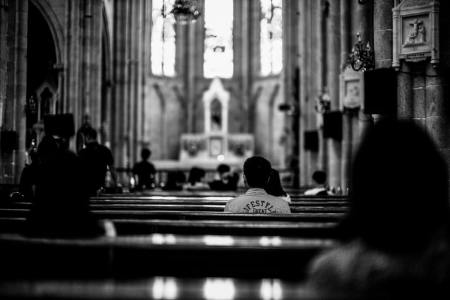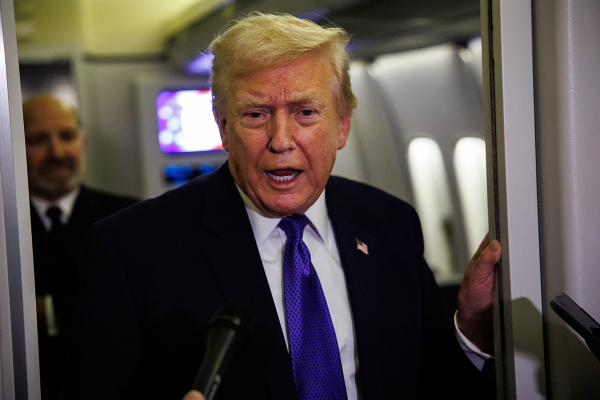Most Americans like church involvement in society, but not politics: Pew

While a majority of United States citizens view religious bodies as having a positive impact on society, they nevertheless believe that they should not take part in politics, according to Pew Research Center.
In a report published last Friday, Pew found that 63 percent of respondents wanted religious groups to “keep out of political matters” and 76 percent opposed churches endorsing political candidates.
The report also found that while 28 percent of respondents felt churches did not have enough influence on politics, 37 percent felt they had too much, and 34 percent felt they had “about the right amount of influence in politics.”
Pew drew their data from a survey conducted online March 18-April 1 with a nationally representative sample of 6,364 U.S. adults, with a margin of error of plus or minus 1.7 percent.
The report also found that 55 percent of respondents believed that religion did “more good than harm” to society, versus 20 percent who believed it did “more harm than good.”
“On balance, U.S. adults have a favorable view about the role religious institutions play in American life more broadly – beyond politics,” explained Pew.
“Likewise, there are far more U.S. adults who say that religious organizations strengthen morality in society and mostly bring people together than there are who say that religious organizations weaken morality and mostly push people apart.”
Paul A. Djupe, political science professor at Denison University who often studies religious trends, took issue with the Pew report’s conclusions.
In an essay published by Religion in Public on Monday, Djupe argued that the survey question on political involvement of churches was “quite vague” and “does not tell us how strongly that position is held.”
“That is, it is possible that at least some Americans would prefer that congregations avoid political advocacy, but be involved in the political process in other ways,” wrote Djupe.
Djupe described a survey that he conducted with Ryan Burge, professor of political science at Eastern Illinois University, which touched on multiple topics and provided a spectrum to determine extent of support.
“… only 35 percent of Protestants wish congregations to keep out of political matters, though 27 percent are on the fence, meaning there is not majority support for any position,” he explained.
“And a plurality of Protestants want houses of worship to provide forums for political discussion as well (42% with 34% on the fence), which is a far cry from the sense that people do not want a mix of religion and politics.”





















